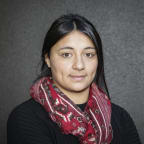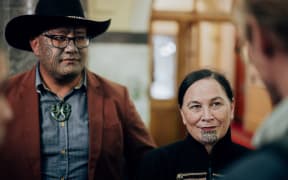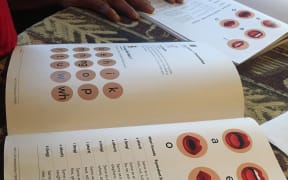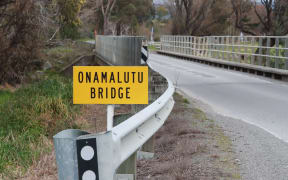Some young people are struggling to retain their fluency in te reo Māori after moving from kōhanga reo or kura kaupapa to mainstream schools. A shortage of Māori language teachers is making the move even more challenging.
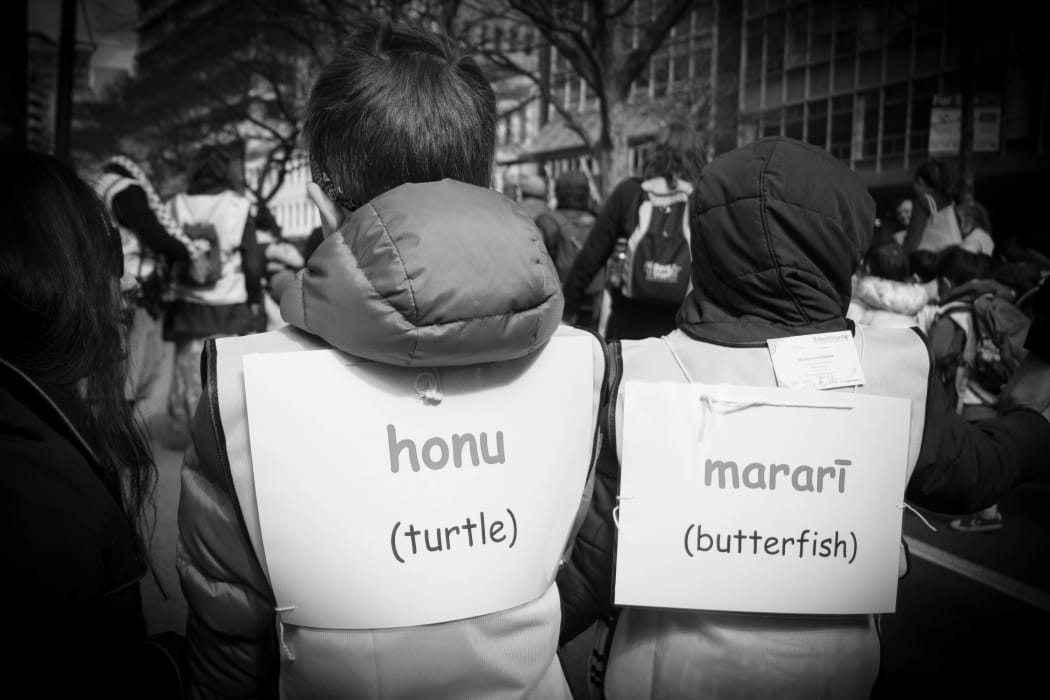
Photo: RNZ / Te Aniwa Hurihanganui
Imagine growing up only ever speaking te reo Māori.
Everyone you know speaks it too - your parents, your teachers, your friends.
Then it suddenly changes, you step into an environment where no one can speak your language.
That's what happened to Maraenui Te Wano.
"We moved to Auckland and it was there when I started to lose my reo. There just wasn't any use for it. No one spoke Māori. There was no one that spoke Māori in my primary school and intermediate, even at high school," he said.
"None of the teachers really encouraged it, the only teachers who encouraged it were the Māori teachers."
The former Taumarunui local spent his early education at kōhanga reo and home-school. Both his parents speak te reo Māori and used the language at home. If he wasn't speaking te reo there, he was speaking it at his marae.
So, learning in a new language was challenging. But it wasn't the only obstacle he encountered.
"There was a bit of stigma to being Māori at a Pākehā school, which shaped a bit of my whakaaro about being Māori and about learning Māori. My whakaaro was quite rangirua (confused) at that time. I was very confused with my identity and who I was.
"I've seen really great examples of Māori but all of these people are telling me that we're these bush Māori, we're unqualified and not very smart. I didn't want to speak in Māori because none of them would understand and I would probably get put down."
It took years for Te Wano to rebuild his sense of cultural identity and unlearn the discrimination he faced at school. He is now enrolled at Te Wānanga o Takiura, a full-immersion te reo Māori programme in Auckland, to grow this confidence further and develop his knowledge of te reo.
But his experience and struggle entering English-medium education is one of many.
Secondary Principals' Association president Vaughan Couillault acknowledged that many secondary schools were not equipped to provide students from similar backgrounds a high level of Māori language learning.
"Being able to find staff to teach at that level is really hard. My school has been in that situation, where we've had students who have come to us from full immersion programmes and their skills are exceptional in terms of Māori language.
"I don't think there's any will or willingness lacking anywhere in the country in any school. What is difficult is to find personnel to do what you want to do. Finding that alignment of language skill and desire to be teaching that is challenging."
He said a chronic shortage of Māori language teachers persisted, and retaining them was difficult because they were in such hot demand.
A 2019 national survey of primary schools found the same issue, with more principals reporting difficulties finding Māori language teachers than in 2016.
A fifth of the principals worked closely with local kōhanga reo or puna reo to support the transition of students, but only half of these said that these children could continue learning te reo Māori at a high immersion level at the school.
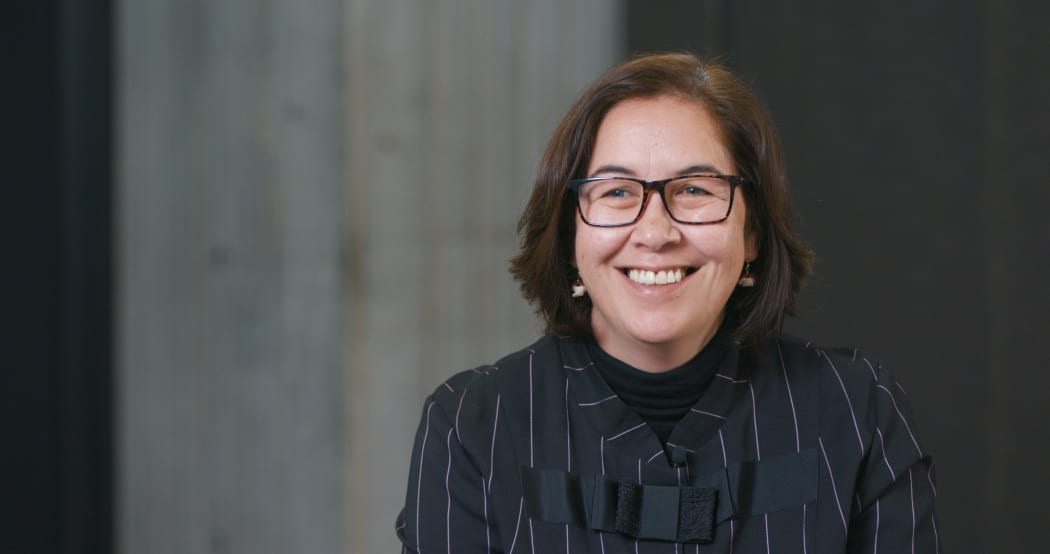
Photo: Supplied
Māori Language Commissioner Professor Rawinia Higgins said schools struggling to find teachers could still normalise te reo by encouraging students to kōrero.
"You need to find opportunities for people to be able to use the language. And so ensuring that they get to use the language as often as possible is a key part to helping to develop proficiency," she said.
"Everyone is on a different trajectory when it comes to te reo Māori and it's finding ways to support people in their different points in their language journey to ensure that they feel comfortable and confident enough to be able to use it in broader forums."
Former broadcaster Te Kuru o te Marama Dewes, a graduate of the prestigious Māori language academy Te Panekiretanga, also moved into an English-medium secondary school from kura kaupapa.
He said that while he was exposed to te reo Māori far less at Western Heights High School than he had been previously, the school nurtured his cultural identity, and he was able to retain his fluency.
"There was a strong taha Māori to the kura, there is a rūmaki unit there. Although I wasn't in the rūmaki unit in my first couple of years, I was able to form those relationships.
"It was a much more limited exposure to te reo from being in full-immersion, but just enough to keep me engaged."
Dewes comes from a long line of te reo Māori exponents who led some of the country's greatest language movements, including the establishment of kura kaupapa.
But he said it was the responsibility of all schools to support the growth and retention of te reo Māori among students, not just full-immersion kura.
"At my school at the time, at Western Heights, because I was enrolled in Māori language classes that sort of kept me engaged and reinforced my Māori language learning journey. But for all of my peers who weren't learning te reo Māori as a subject, they had no exposure to it at all.
"There definitely needs to be a conscious effort in schools to not only give kids the haka and the waiata, but to give them some history about the reo, some context, some structure for them to build on."
Anā ko tērā te wero, and the demand is there.
The number of students learning te reo Māori at english medium schools has risen every year since 2015.
